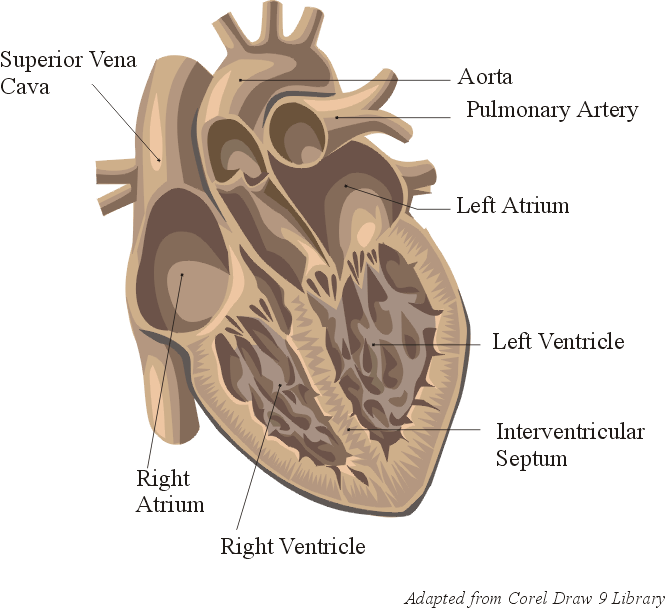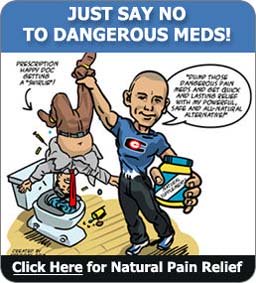You Should be Cautious About
Digoxin Side Effects
What is Digoxin
The Digoxin Side Effects can be scary and dangerous and lead to severe health problems up to and even including heart rhythm problems that could- and have- led to death. Also called Lanoxin, 20% of people taking this lanoxin medication experience side effects, the major problem with the side effects of Digoxin is the possibility and the reality of overdosing on this common drug. Additionally, it's problematic because it is often given to the very ill and the elderly who are frequently taking many other drugs with sometimes complicated dosing regimens.
Adding one more drug that requires frequent monitoring and close watching often pushes the most ill and the most elderly into an all too common occurrence of taking too much. As I said earlier, up to 20% of people experience the side effects of Digoxin, but most of the time these are the Common Side Effects that can occur when taking just about any drug: nausea and vomiting being the most common.
Incidentally, some anti-nausea medications given to these patients increased the risk for Digoxin Toxicity. But some other side effects unique to Digoxin that can be quite problematic are:
- Decreased libido
- Depletion of potassium
- Confusion
- Vision problems and inability to discriminate between colors
Toxicity and Overdose-
Digoxin Side Effects to Avoid
The above symptoms can be warning signs that you are taking too much lanoxin medication, and you should be aware that you can have problems with your blood levels being too high even if you have been taking it for long periods of time without problems. This is why you should be getting blood tests on a regular basis. Please go to the Digoxin Toxicity page to learn more.
Drug Interactions with Digoxin
Remember that this is a page on Digoxin Side Effects and not
a digoxin drug interactions page, so do understand that this is not a COMPLETE
list of possible interactions with Digoxin, but only a list to
illustrate the scope of substances that can affect Digoxin levels.
Interestingly, most of these drugs will INCREASE the risk of either
toxicity and/or confusion. Few drugs decrease the effectiveness of
Digoxin, therefore, careful monitoring of your Digoxin levels is
warranted if you are taking any other medications or natural substances.
To see if your medication interacts with lanoxin medication, it's necessary to
speak to your doctor or pharmacist:

- Anticholinergics
- Magnesium
- Antibiotics ending in 'Mycin'
- Amiodarone
- Verapamil
- Quinidine
Again, this is NOT a complete list of drug interactions, but only a partial list to show you that there are many drugs that can contribute to dignoxin side effects and increase the possibility of toxicity. Digoxin is a powerful medicine that should not be taken without serious consideration. While I know of no direct alternatives to lanoxin medication, problems such as Vitamin D Deficiency can contribute to the problem of a weaker heart since Vitamin D helps with muscle strengthening.
Heart rhythm irregularities are often Signs of Magnesium Deficiency, yet, unfortunately the Blood Test for Magnesium Deficiency is terribly inaccurate and large numbers of people go around every day with undiagnosed magnesium deficiency despite having been tested for it.
While there may not be a good alternative to Digoxin, you can certainly maximize your heart function, decrease abnormal heart rhythms and decrease your risk of Digoxin Side Effects by taking the lowest dose possible. And you can do this by resolving any hidden or subtle nutrient deficiencies.
Back to Top of Digoxin Side Effects
To Side Effects Site Home Page





